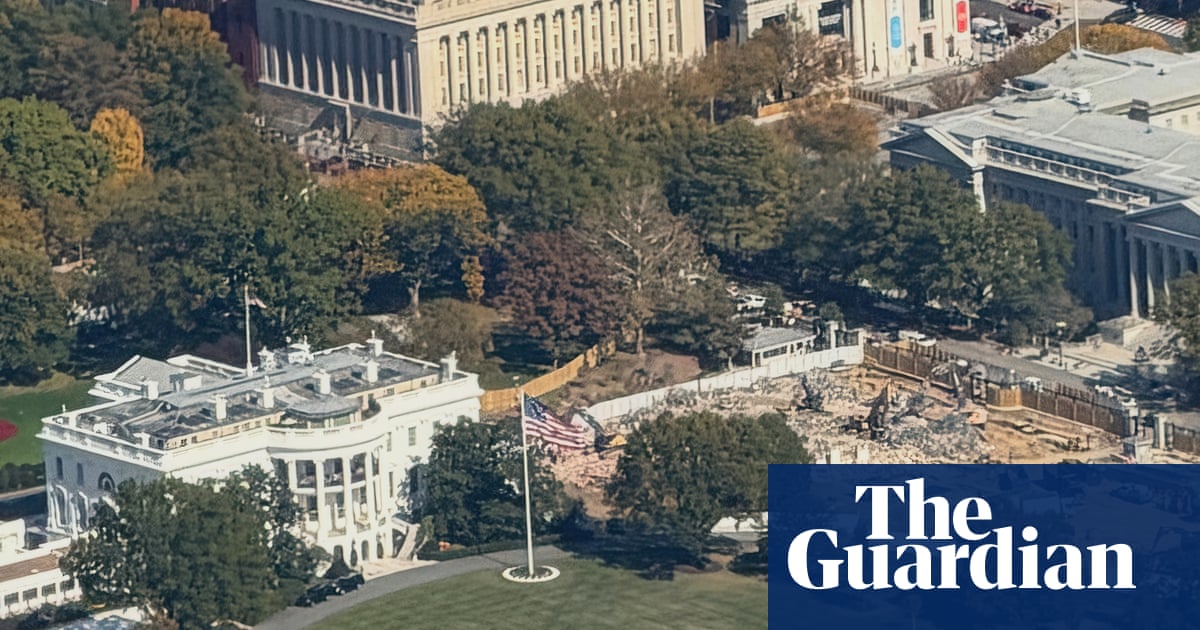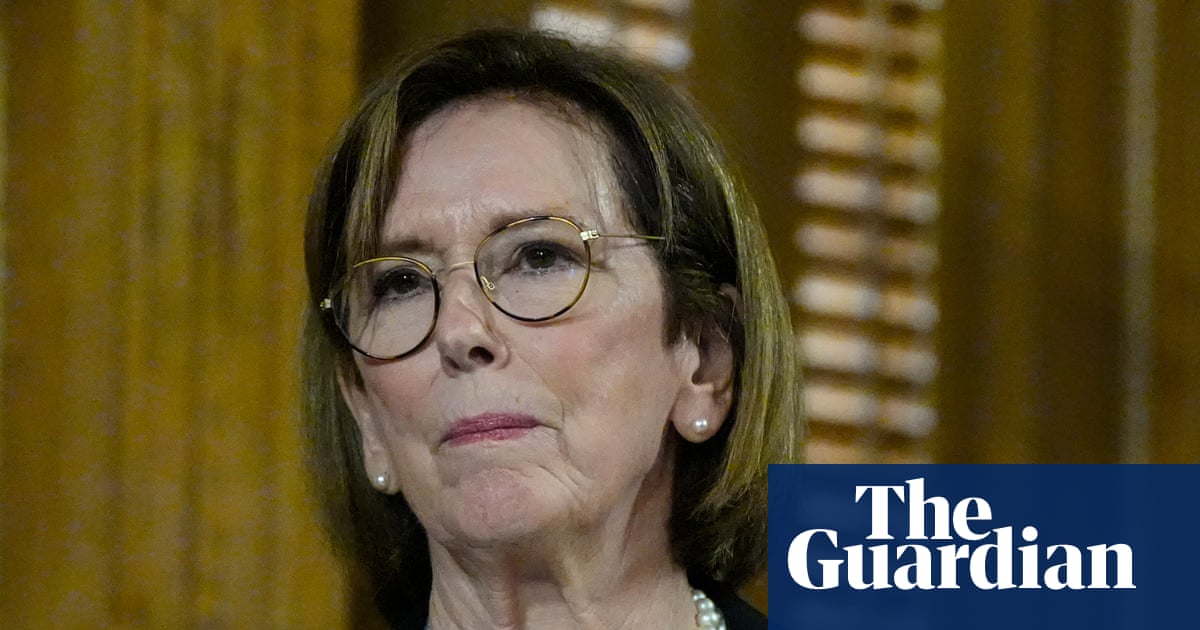By Andy Sullivan
WASHINGTON (Reuters) -A wide range of U.S. government services could be disrupted and hundreds of thousands of civil servants furloughed beginning on Wednesday if Republicans and Democrats in Congress cannot agree on a funding deal to avoid a partial government shutdown.
WHAT DO REPUBLICANS WANT?
President Donald Trump's Republican party controls both the House of Representatives and the Senate, and they have already scored big budget wins this year. The massive legislation nicknamed the "One Big Beautiful Bill," passed in July, boosted spending for defense and immigration enforcement and rolled back spending on green energy and other Democratic priorities.
Republicans also have broadly supported the White House's efforts to claw back money that had already been approved by Congress for foreign aid and public broadcasting, even though that undermines lawmakers' constitutional authority over spending matters.
Right now, Republicans are backing legislation that would extend funding levels through November 21, mostly at current levels, giving lawmakers more time to craft detailed spending legislation that would cover the rest of the fiscal year beginning on October 1. The bill would also boost security spending for public officials in the wake of a spate of political violence.
That bill passed the House on September 19 but failed in the Senate, where 46 Democrats and 2 Republicans voted against it.
WHAT DO DEMOCRATS WANT?
As the minority party, Democrats do not have much power. However, Republicans will need at least seven Democratic votes to pass any spending bill out of the Senate, where 60 votes are needed to advance most legislation in the 100-seat chamber.
This time, Democrats are using that leverage to push for expanded healthcare subsidies for people who buy insurance through the Affordable Care Act. Their proposal would make permanent enhanced tax breaks that are otherwise due to expire at the end of the year and make them available to more middle-income households.
If those tax breaks are allowed to expire, health insurance costs will increase dramatically for many of the 24 million Americans who get their coverage through the ACA, according to the nonpartisan Kaiser Family Foundation. The impact would be most acute in Republican-controlled states that have refused to expand the Medicaid health plan for the poor.
The Democrats' plan would also roll back other restrictions on ACA coverage that were enacted in the "One Big Beautiful Bill."
Those changes would provide health coverage for seven million Americans by 2035, according to the nonpartisan Congressional Budget Office, but also increase government healthcare spending by $662 billion over 10 years.
The Democrats' bill would also restore funding for public broadcasting that had been cut this summer, and provide more money for security for lawmakers and federal courts.
The Democrats' bill also would continue government spending until October 31 - a shorter time frame than the Republican version.
Republicans say they are open to considering a fix for the expiring tax breaks, but say the issue should be handled separately.
WHAT HAPPENS NEXT?
Government funding will lapse if Democrats and Republicans cannot reach a compromise by midnight on Tuesday. That could shutter federal courts and disrupt other services like financial regulation, though the Trump administration has not said which services would close and which would continue. The administration has also threatened to fire more federal workers in the event of a shutdown, beyond the 300,000 it has forced out this year.
On Capitol Hill, the blame game would kick into high gear, with each side trying to convince the public that the other is to blame. Democrats will argue that Republicans are willingly allowing healthcare costs to rise for millions of households, while Republicans will argue that Democrats are weighing down a straightforward funding patch with partisan demands.
It is unclear which side, if any, will come out ahead. Opinion polls show voters trust Democrats more on healthcare issues, and the fracas might hurt Republicans, who currently control all of the levers of power in Washington. But voters could also conclude that Democrats are using what little power they have to sow chaos at a time of high anxiety.
(Reporting by Andy Sullivan; Editing by Scott Malone and Nia Williams)

 German (DE)
German (DE)  English (US)
English (US)  Spanish (ES)
Spanish (ES)  French (FR)
French (FR)  Hindi (IN)
Hindi (IN)  Italian (IT)
Italian (IT)  Russian (RU)
Russian (RU) 























Comments